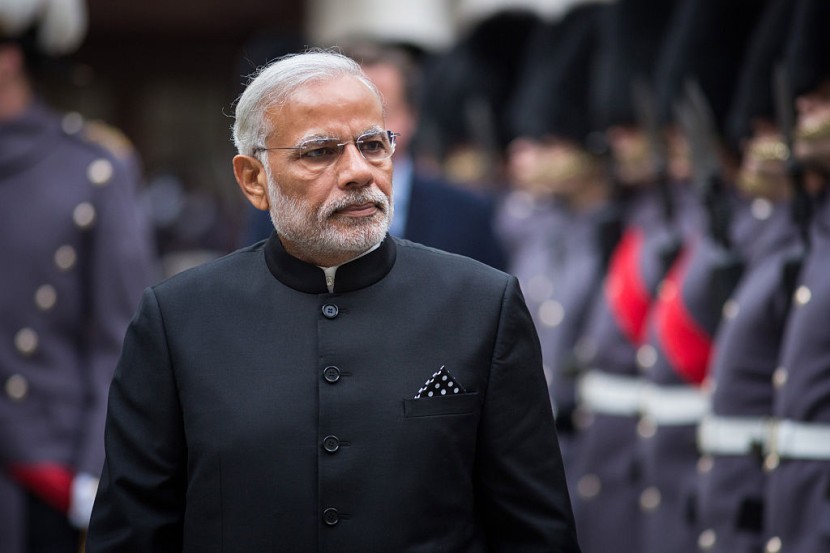
India passed the Women's Reservation Bill, which is seen as a major step in providing gender equality by giving the country's female population control over one-third of seats in the more powerful lower house and state legislative assemblies.
Indian Prime Minister Narendra Modi announced the bill during a special session in parliament. In his remarks, the lawmaker said the bill marks a historic and prideful moment for the country and its people.
India's Women's Reservation Bill
The introduction of the Women's Reservation Bill comes after a similar one was first introduced in the nation in September 1996. However, nearly every successive Indian government tried and failed to pass it into law after facing fierce opposition from conservative heartland parties.
In a statement, a leader of the socialist Samajwadi Party in 2010, Mulayam Singh Yadav, said they were not anti-women but only wanted reservations for women from minority and backward classes first, as per the Time.
After 27 years in the making, the bill finally passed the lower house unanimously on Wednesday. It would continue to go to the upper house for passage in the remaining two days of the special session before it requires approval from at least half of the country's 28 states.
A country representative from the international agency, Kanta Singh, said that United Nations women applauded the new bill's passage. He called it one of the most progressive and transformative pieces of legislation that provides women a greater chance to have a voice in the highest decision-making bodies in the country.
Women in India only make up 82 out of 550, roughly 15%, of seats in the country's lower house, and the number continues to go down in the upper house, where female politicians only make up 31 out of 250 seats, roughly 12%. A 2015 Ministry of Women and Child Development report said that women's representation in parliament and state assemblies was dismal.
Read Also : Thailand's New PM to Rectify Legislation to Permit Cannabis Use for Medicinal Purposes Alon
Decades in the Making
While the new bill would reserve up to a third of the seats in India's lower house and state assemblies for women, it could take up to a decade to take effect. This is because of certain processes required to redraw the country's electoral boundaries, a delimitation exercise that will not start until 2026, according to The Guardian.
There was a fierce battle between the Bharatiya Janata Party (BJP) and the leading opposition National Congress Party as the bill was debated in parliament for eight hours. The issue was over who should take credit for the bill as the former Congress president, Sonia Gandhi, said the bill was theirs.
The Women's Reservation Bill revival comes only months before the country's general elections, which are due by May 2024. The prime minister is seeking a third term, and the bill could further fill the already commanding position of Modi's Hindu-nationalist BJP ahead of that poll.
Analysts argued that the bill's chances of being passed in parliament are more hopeful as opposition has shrunk in the last few years. The speaker of parliament, Om Birla, was the one who confirmed the passage of the bill, said Aljazeera.
Related Article: GOP Lawmakers Renew Opposition to More US Aid to Ukraine









